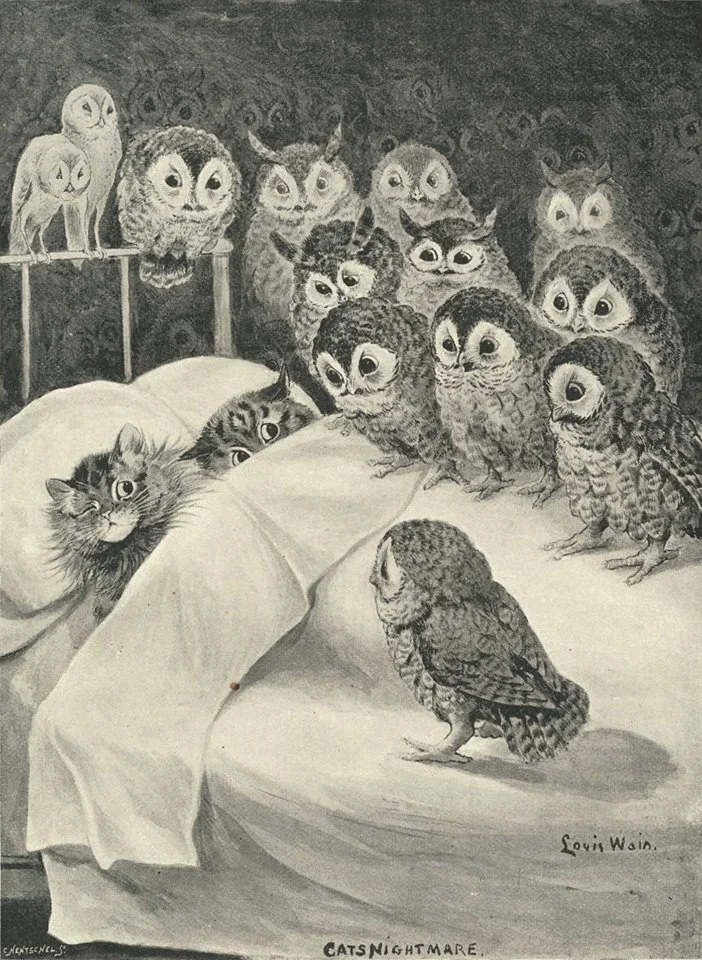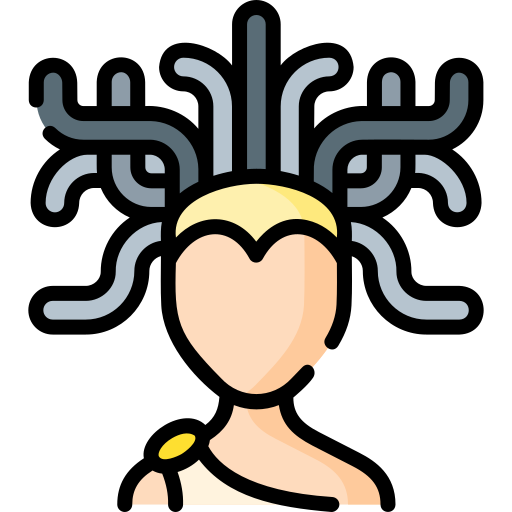Is the Easter Bunny pagan? Probably not. It seems to have been invented by German-speaking Protestants sometime in the 1600s.
Bibliography:
Stephen Winick, “Ostara and the Hare: Not Ancient, but Not As Modern As Some Skeptics Think,” Library of Congress Blogs, April 28, 2016.
Stephen Winick, On the Bunny Trail: In Search of the Easter Bunny, Library of Congress Blogs, March 22, 2016


Yup, the commenter raised the same points - but in a clearer way. (He even mentioned the matrons!)
This is sounding a lot like a telephone game, to be honest:
Partially off-topic, but Interesting tidbit from the article:
Bede’s hypothesis is clearly false: if Old High German borrowed the word for Easter from Anglo-Saxon dialects, the modern German word Ostern (Easter) wouldn’t start with /o:/, but rather some front unrounded vowel; it would be **Estern /e:/ or similar. That *au → ēa~ēo change you see in Old English is so old that it was certainly present in the speech of the Anglo-Saxon priests, OHG speakers would likely simplify the odd cluster into a simple /e:/ and call it a day.